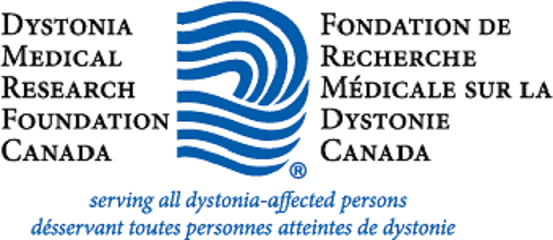Not everyone with dystonia experiences pain, but depending on the type of dystonia, pain can be a pervasive and disabling symptom. Up to 76% of cervical dystonia patients have pain in the head, neck, and sometimes arm. Pain can often be attributed to the repeated dystonic movements and abnormal postures.
However, not all patients with similar symptoms experience the same degree of pain. This suggests the relationship between dystonia and pain may be more nuanced. In many cases, alleviating the dystonia symptoms will reduce pain. For example,the sustained intense neck muscle contractions of cervical dystonia often cause muscle pain in the neck and shoulders as well as headache. The headache develops or worsens in relation to the cervical dystonia, and the location of the headache corresponds to the location of dystonic muscles. Alleviating the dystonic spasms can reduce both the muscle pain and secondary headache.
However, people may experience pain that is more difficult to directly attribute to dystonia symptoms. Individuals with dystonic head tremor-a "no-no" or "yes-yes" shaking of the head-appear especially prone to headache, even if the tremor is mild, and the location of the headache is not clearly related to the muscle movement Researchers continue to explore the relationship between dystonia and pain. There may be neurological changes in how the body perceives and processes pain.
Some research suggests that individuals with dystonia may have an altered threshold for pain, which has been measured even in body parts not affected by dystonia. Depression and sleep disturbance-which are common among dystonia patients-may worsen pain. Dystonia can also cause or worsen painful orthopedic conditions such as arthritis. Movement disorder neurologists are increasingly recommending that addressing non-motor aspects of dystonia is essential for helping patients feel and function as well as possible. As reported in the Real Patients, Real Answers Report; dystonia patients are not getting the help they need and are struggling with very real issues - including pain, sleep disturbances, and anxiety and depression.
Read the Real Patients, Real Answers Survey Report Available Here.
Below are some expert led webinars on pain:
From Awareness to Empowerment: Navigating Mental Health with a Neurological Condition - May 26, 2022
Pain Management and Dystonia with Dr. David Grimes - February 18, 2021
Dystonia and Pain with Dr. Veronica Bruno - Living Well Webinar Series - July 21, 2020
